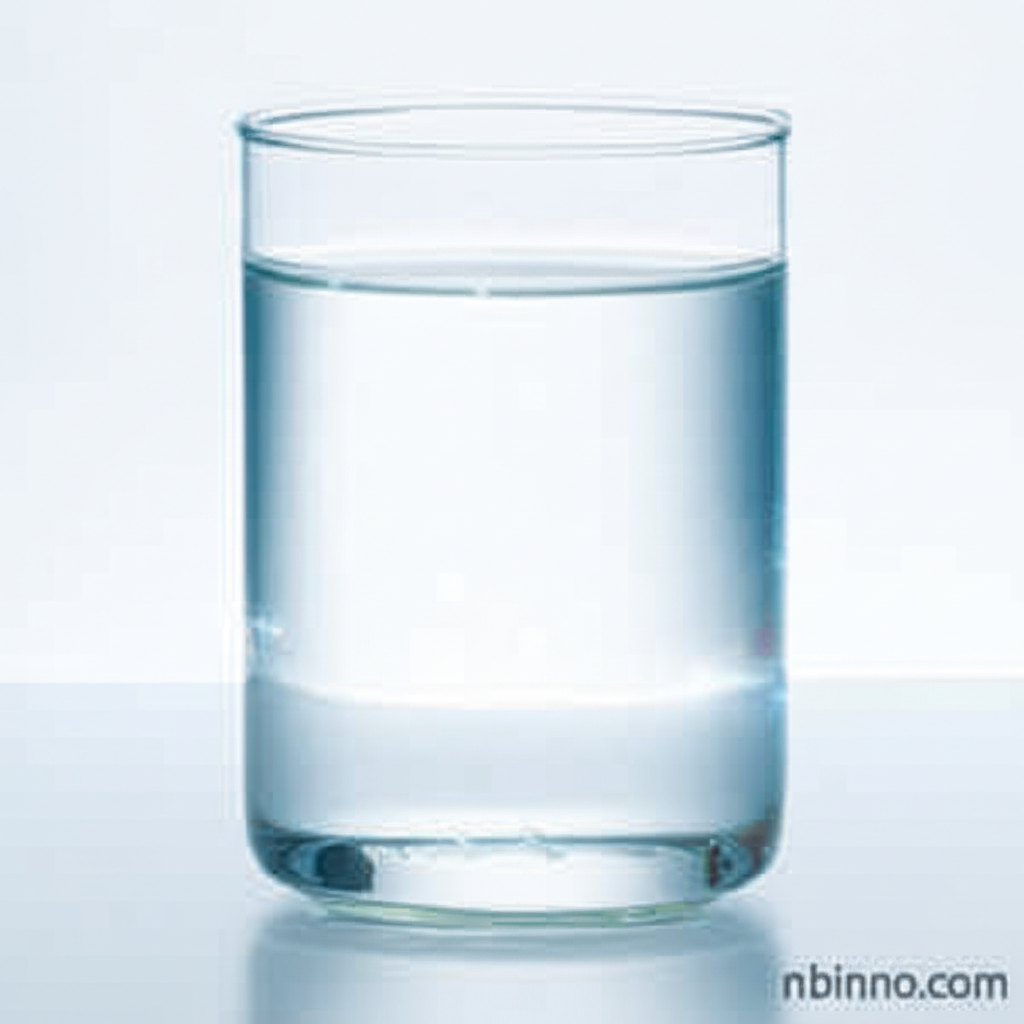Ethyl Acrylate: Properties, Applications, and Safety Guidelines for Industrial Use
Discover the essential details of Ethyl Acrylate, a key industrial chemical, from its chemical properties to its widespread applications and crucial safety considerations.
Get a Quote & SampleProduct Core Value

Ethyl Acrylate
Ethyl Acrylate (CAS 140-88-5) is a vital chemical intermediate, widely recognized for its utility as a monomer in the creation of diverse polymers, resins, and plastics. As a leading supplier in China, we ensure high-quality Ethyl Acrylate that underpins numerous industrial processes, from paints and textiles to adhesives and coatings. Its versatile reactivity makes it an indispensable component for manufacturers seeking reliable and high-performance chemical solutions.
- Explore the essential Ethyl acrylate properties and understand its critical role in various manufacturing sectors. As a key component in polymer production, it enables the development of advanced materials.
- Leverage the extensive Ethyl acrylate applications in industries ranging from textiles to automotive coatings. Its adaptability makes it a fundamental building block for numerous products.
- Understand the importance of CAS 140-88-5 chemical in chemical synthesis and its role as a precursor to polymers and other monomers. This compound is crucial for innovation in material science.
- Prioritize Ethyl acrylate safety with comprehensive guidelines for industrial use. Responsible handling ensures safe and efficient integration into your production lines.
Product Advantages
Versatile Polymerization Monomer
Ethyl Acrylate serves as a fundamental monomer in the creation of a wide array of polymers, including resins, plastics, and rubber. Its use in copolymerization allows for tailored material properties, making it a key ingredient for achieving specific performance characteristics in finished products.
Broad Industrial Applicability
From paints and textiles to adhesives and paper coatings, Ethyl Acrylate finds extensive use across diverse industries. Its ability to enhance product performance, such as improving adhesion or flexibility, makes it a valuable component in countless formulations.
Chemical Synthesis Building Block
Beyond polymerization, Ethyl Acrylate acts as a crucial reagent in various chemical synthesis pathways. It functions as a Michael acceptor and dienophile, facilitating the creation of complex organic molecules and pharmaceutical intermediates, thereby supporting innovation in chemical research and development.
Key Applications
Polymer Production
As a key monomer, Ethyl Acrylate is fundamental to producing various polymers, resins, and plastics, offering tailored properties for diverse applications.
Textile and Coatings
Used in fabric finishes, pigment binders, and paper coatings, it enhances the performance and durability of textile products and surface treatments.
Adhesives and Sealants
Ethyl Acrylate contributes to the formulation of strong and flexible adhesives and caulking compounds, essential in construction and manufacturing.
Pharmaceutical Intermediates
It serves as a valuable building block in the synthesis of pharmaceutical intermediates, supporting the development of new medicinal compounds.
